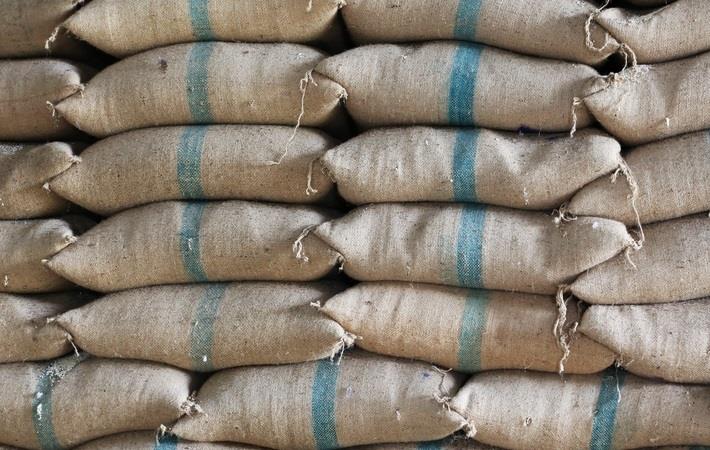
Further, the decision also mandates that initially 10 per cent of the indents of jute bags for packing food grains would be placed through reverse auction on the Gem portal. "This will gradually usher in a regime of price discovery," an official statement said.
"In case of any shortage or disruption in supply of jute packaging material or in other contingency/exigency, the ministry of textiles may, in consultation with the user ministries concerned, relax these provisions further, up to a maximum of 30 per cent of the production of food grains over and above the provisions," the statement added.
Considering that nearly 3.7 lakh workers and several lakh farm families are dependent for their livelihood on the jute sectors, the government has been making concerted efforts for the development of jute sector; increasing the quality and productivity of raw jute, diversification of jute sector and also boosting and sustaining demand for jute products.
The latest decision will benefit farmers and workers located in the eastern and north eastern regions of the country particularly in the states of West Bengal, Bihar, Odisha, Assam, Andhra Pradesh, Meghalaya and Tripura.
Under the Jute Packaging Materials (Compulsory use in Packing Commodities) Act, 1987, the government is required to consider and provide for the compulsory use of jute packaging material in the supply and distribution of certain commodities in the interest of production of raw jute and jute packaging material and of persons engaged in the production thereof. Therefore, the reservation norms in present proposal would further the interest of domestic production of raw jute and jute packaging material in India, thereby, making India self-reliant in consonance with Aatma Nirbhar Bharat.
The jute industry is predominantly dependent on government sector which purchases jute bags of value of more than ₹7,500 crore every year for packing food grains. This is done in order to sustain the core demand for the jute sector and to support the livelihood of the workers and farmers dependent on the sector.
Fibre2Fashion News Desk (RKS)